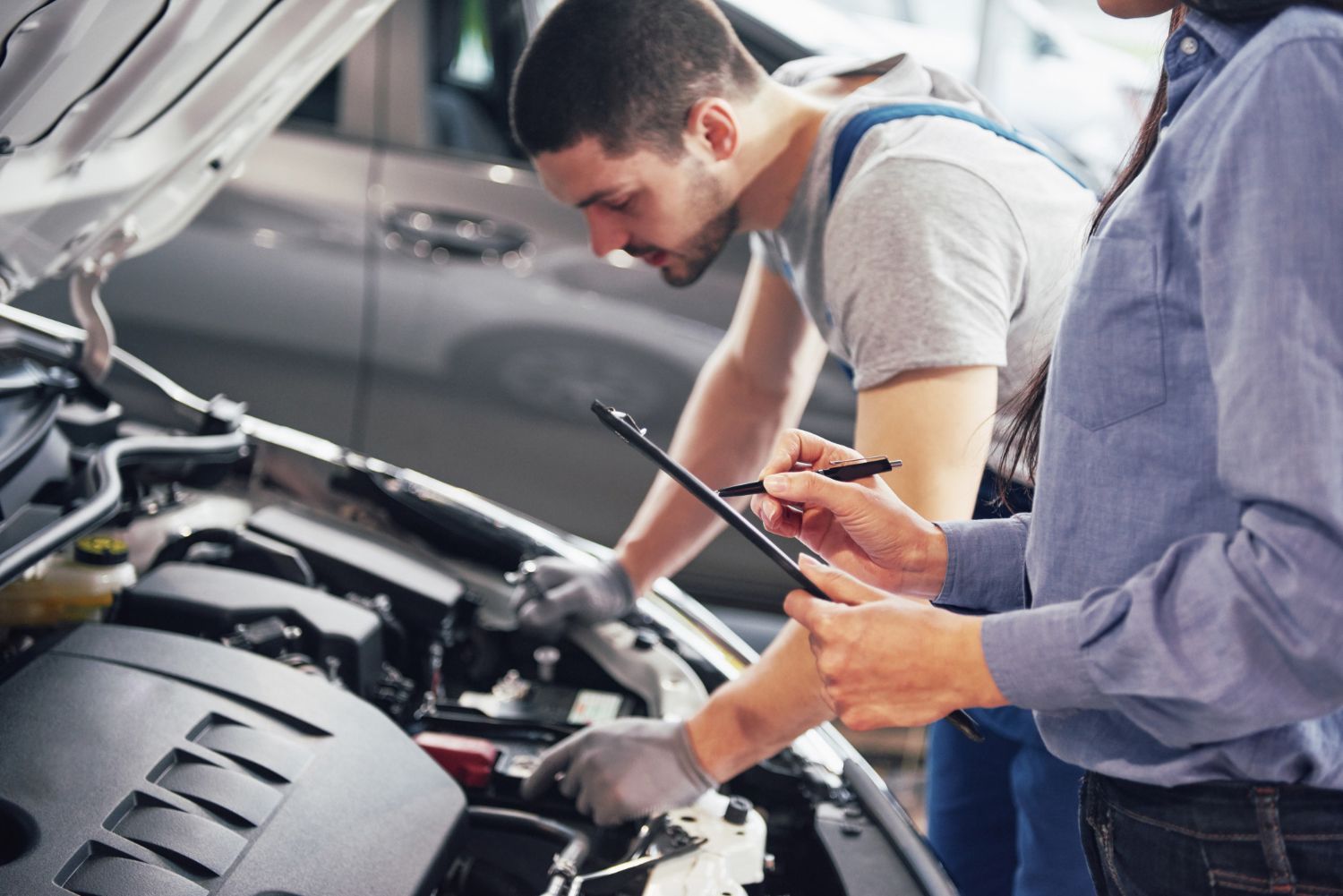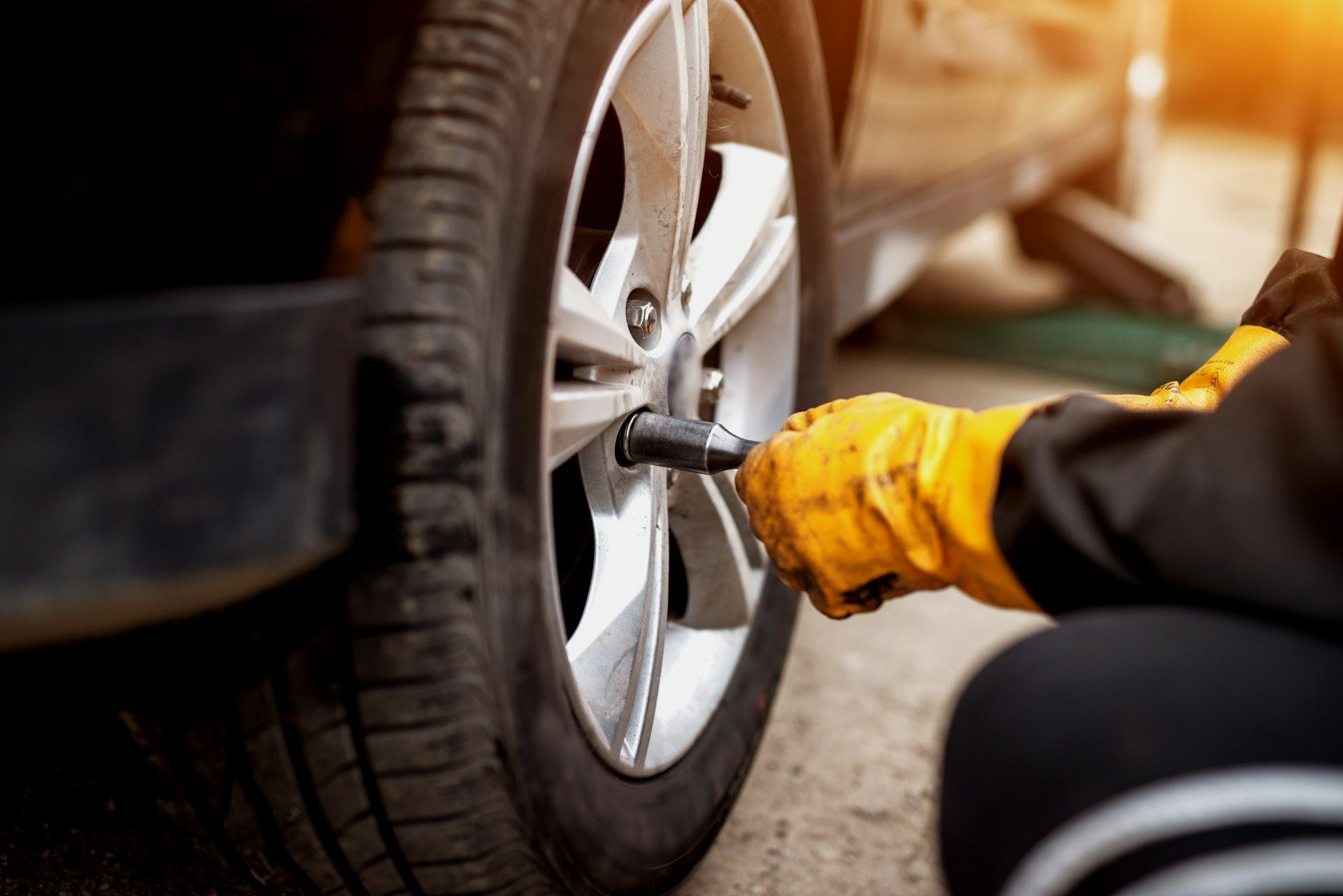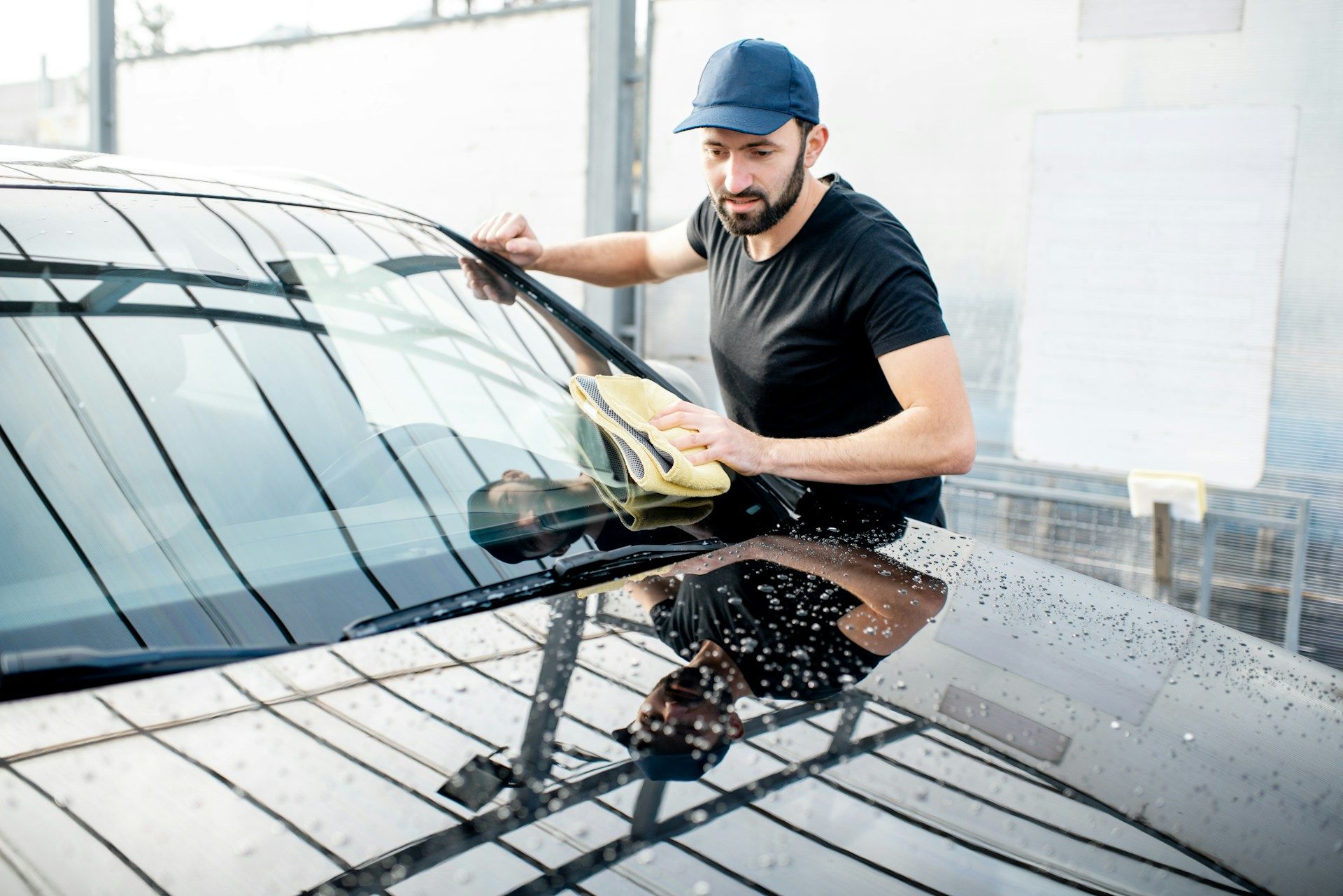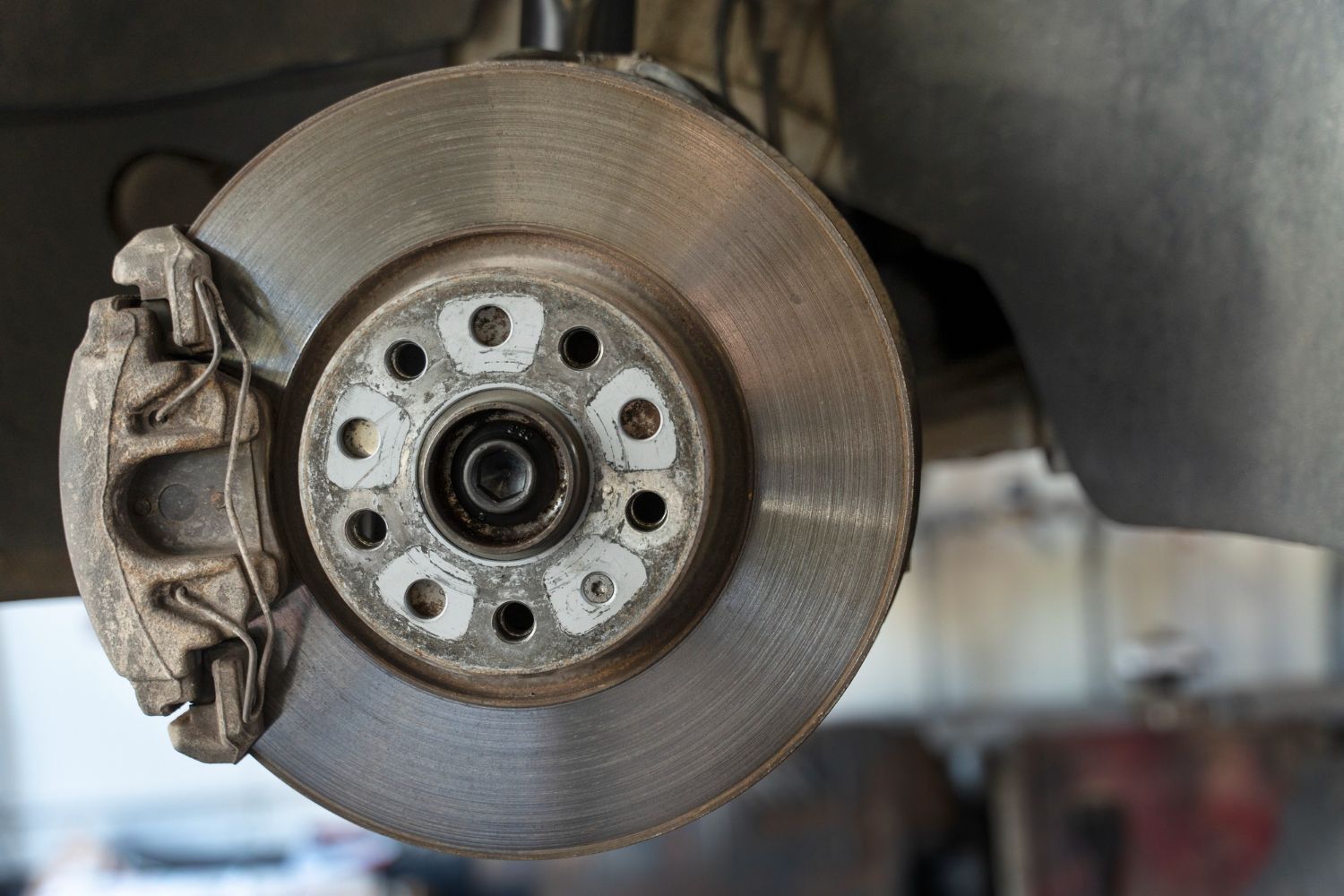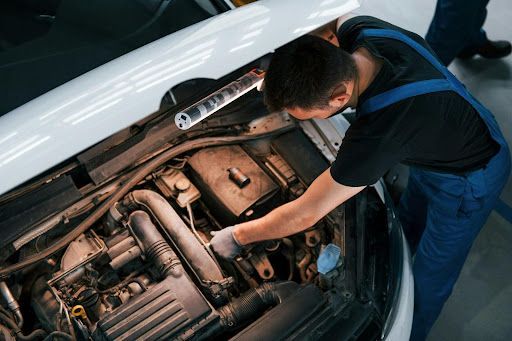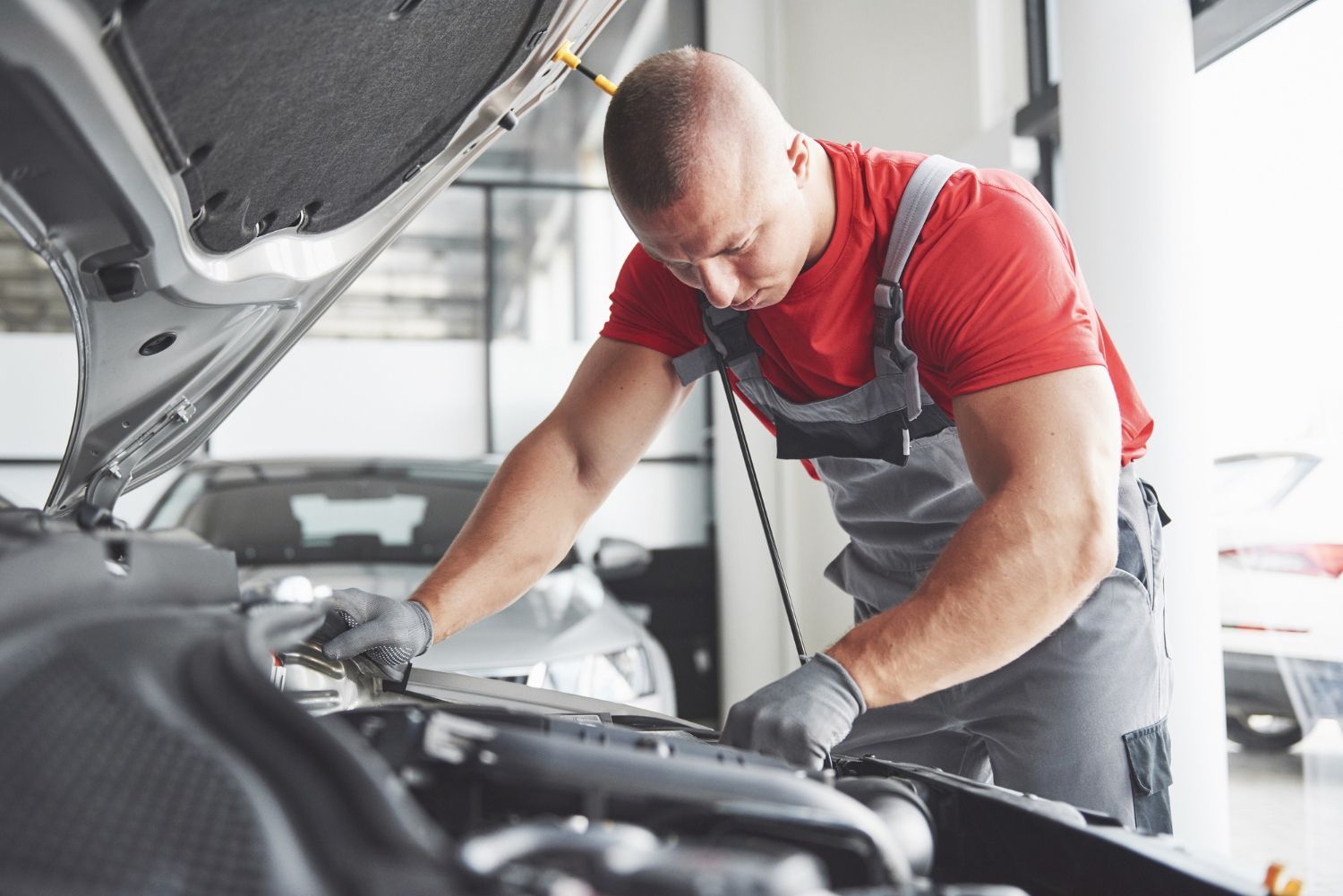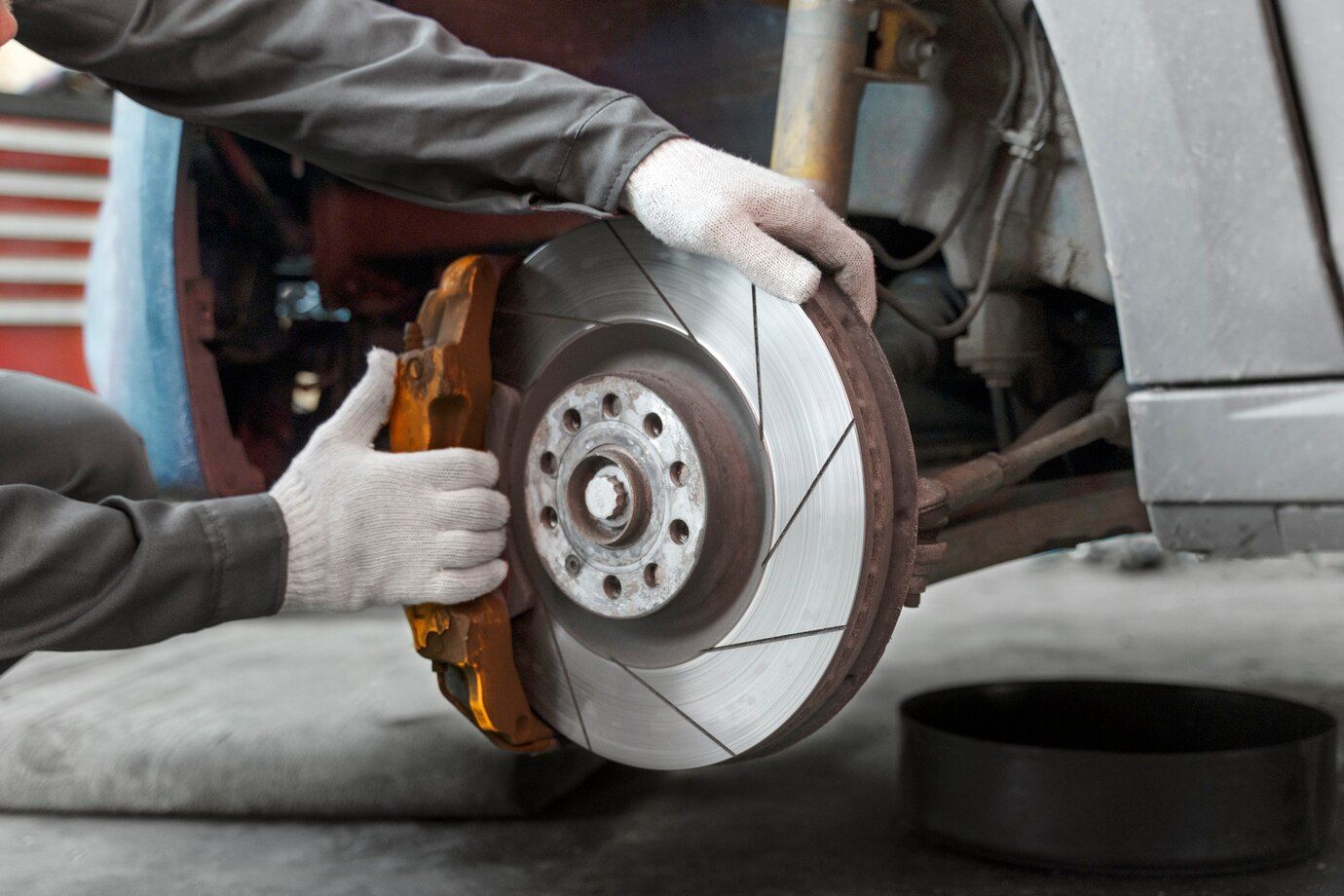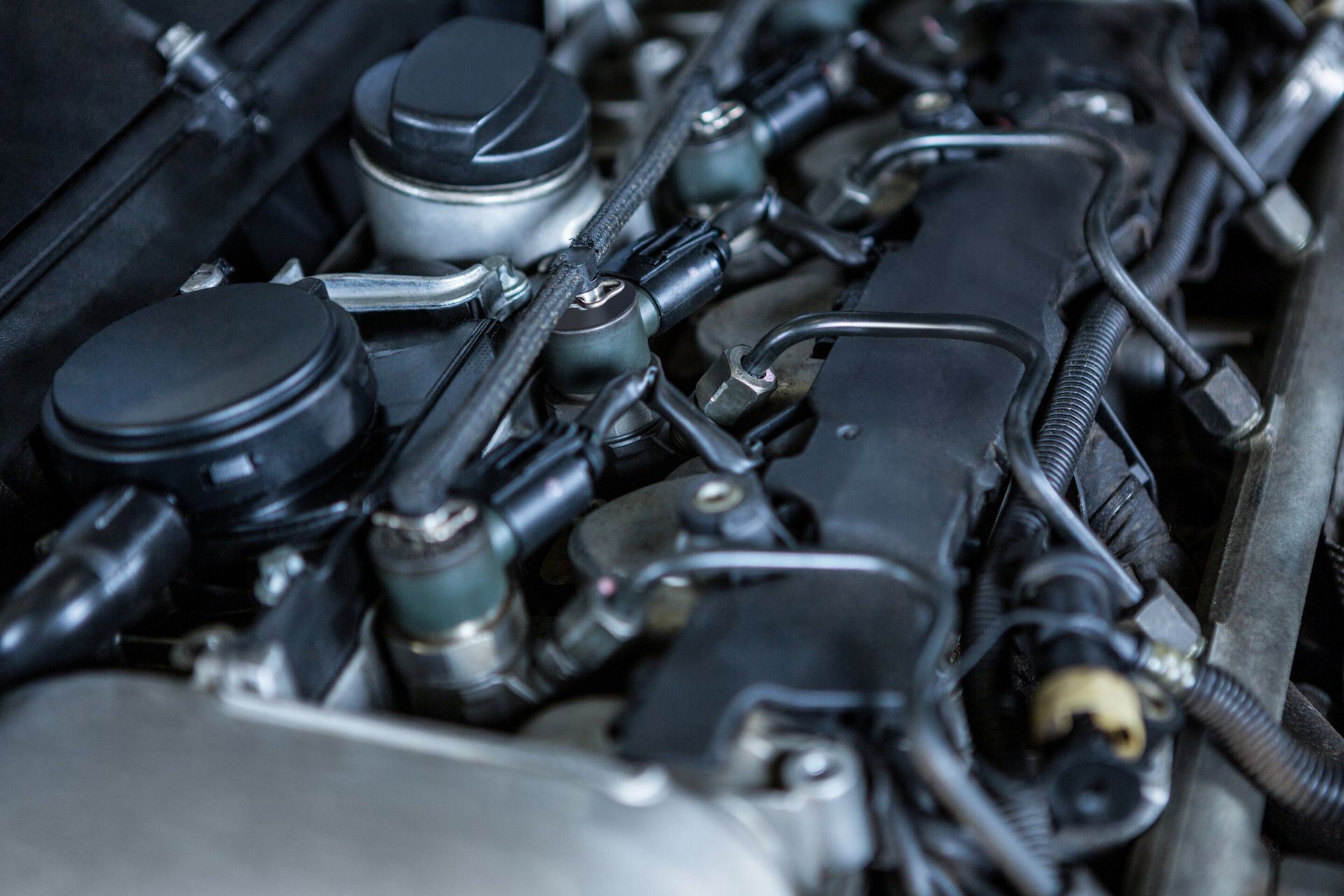Text Us @ 678-863-1912
The Ultimate Guide to Brake System Maintenance for Safe and Controlled Driving
Your vehicle's brake system is one of the most critical safety features, enabling you to control your car effectively and come to a stop when required. Ensuring your brakes are in peak condition not only provides a more secure driving experience but can also help you avoid costly repairs down the line.
With over 120 years of combined experience, Car Craft's expert mechanics have been proudly serving the Athens community for 42 years. We're dedicated to offering exceptional vehicle maintenance and repair services, including the vital care your brake system deserves.
In this all-encompassing guide, we will explore the various aspects of brake system maintenance, sharing expert tips and advice on how to keep your brakes performing at their best. Our educational, informative, and unique content caters to both seasoned drivers and new car owners, focusing on the importance of maintaining a reliable and efficient braking system. By following Car Craft's expert guidance, you can take control of your vehicle's brake system health, ensuring you drive safely, confidently, and responsibly each time you hit the road.
1. Understanding the Components of Your Vehicle's Brake System
Before diving into brake maintenance, it's essential to familiarize yourself with the primary components of a typical brake system. Understanding the function of these parts will help you maintain and troubleshoot any issues. Here are the key components:
- Brake Pedal: The brake pedal acts as the initial point of contact between you and your vehicle's brakes. Pressing the pedal triggers the hydraulic brake system into action.
- Master Cylinder: The master cylinder is responsible for converting the force you apply to the brake pedal into hydraulic pressure. This pressure is used to actuate the brake calipers and create friction for stopping your vehicle.
- Brake Fluid: Brake fluid acts as the medium that transmits hydraulic pressure from the master cylinder to the brake calipers. It is essential to maintain the appropriate fluid level and ensure it remains free of contamination.
- Brake Calipers, Pads, and Rotors: Brake calipers are responsible for applying pressure to the brake pads, which in turn press against the brake rotors, creating friction to slow down or stop your vehicle.
2. Regular Brake System Inspections and Maintenance
Conducting regular brake system inspections and maintenance is vital for identifying and addressing any potential issues. Here are some essential steps to follow:
- Brake Fluid Check: Inspect your car's brake fluid reservoir regularly to ensure the fluid level is within the recommended range. Top off with the appropriate type of brake fluid if necessary. It's also crucial to replace the brake fluid entirely every two to three years or as recommended by your vehicle’s manufacturer.
- Brake Pad Inspection: Visibly inspect your car's brake pads for signs of wear or uneven contact with the rotors. Brake pads should generally be replaced when the friction material is worn down to 1/4 inch or less.
- Rotor Inspection: Regularly check your brake rotors for any signs of warping, scoring, or excessive wear. Rotors in need of replacement will exhibit uneven or deep grooves or may have a glazed appearance. Follow your vehicle manufacturer's recommendations for rotor replacement intervals.
- Brake Line Inspections: Examine the brake lines for any signs of cracks, leaks, or damage that could lead to brake fluid loss or failure. Replace damaged brake lines immediately to ensure the proper functioning of your brake system.
3. Addressing Common Brake System Issues
By regularly inspecting your brake system and remaining on top of maintenance, you can promptly address any issues that may arise. Here are some common brake system problems and their solutions:
- Spongy or Soft Brake Pedal: This can be an indication of air in the brake lines or low brake fluid. Bleed the brake lines to remove air bubbles and top off the brake fluid as needed.
- Brake Squeaking: Brake squeaking can be caused by worn brake pads, slightly warped rotors, or the presence of brake dust. Replace worn brake pads, have warped rotors resurfaced or replaced, and clean the calipers and other brake components to eliminate brake dust.
- Vibrations or Pulsations When Braking: These sensations could indicate warped rotors or uneven brake pad deposits. Have your rotors resurfaced or replaced to resolve the issue.
- Pulling to One Side While Braking: This could be a sign of uneven brake pad wear, a sticking brake caliper, or malfunctioning brake hardware. Inspect the brake pads and calipers, replacing any worn or damaged components as necessary.
4. The Importance of Choosing Quality Brake System Components
When replacing brake system components, it's crucial to opt for high-quality parts that meet or exceed your vehicle manufacturer's specifications. Cheaper, low-quality components may not perform as effectively and can lead to more frequent repairs or potential brake system failure. To ensure your safety and maintain optimal brake system performance, always choose reliable and reputable brake components.
Conclusion: Prioritize Brake System Maintenance for Safe and Controlled Driving
Brake system maintenance and care is an indispensable aspect of vehicle ownership, directly impacting the safety and performance of your car. Following the tips and advice presented in this comprehensive guide will enable you to maintain your vehicle's brake system in optimal condition, ensuring your peace of mind and a safer driving experience.
With over 120 years of combined experience, the expert mechanics at Car Craft are dedicated to providing exceptional automotive care services, including
brake system maintenance and repair. Trust our team to deliver comprehensive brake solutions tailored to your vehicle's needs, assuring reliability and safety on every journey. So, prioritize your brake system care and enjoy the confidence that comes with reliable and controlled driving.



